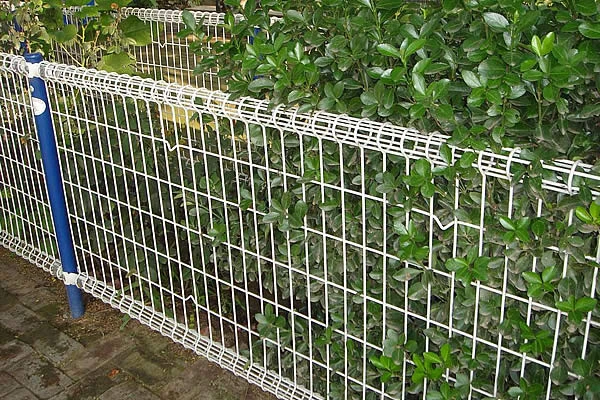 TEL:
+86-13102802206
TEL:
+86-13102802206
 Email:
fencenetting@china.com
Email:
fencenetting@china.com
 Language
Language
 TEL:
+86-13102802206
TEL:
+86-13102802206
 Email:
fencenetting@china.com
Email:
fencenetting@china.com
 Language
Language


The Beauty and Practicality of Barb Fence A Comprehensive Guide
When it comes to fencing options for residential, agricultural, or industrial needs, barb fencing has gained significant popularity due to its unique features and versatile applications. This article will delve into the characteristics, advantages, and best practices for installing barb fences, making them an excellent choice for a variety of purposes.
What is Barb Fence?
A barb fence, commonly known as barbed wire fencing, consists of strong wires twisted together with sharp metal barbs protruding at regular intervals. This sturdy design is specifically engineered to deter animals and intruders, providing both security and safety for property owners. The barbs can vary in length, thickness, and spacing, allowing customization based on specific needs.
Advantages of Barb Fence
One of the most significant advantages of barb fencing is its cost-effectiveness. When compared to traditional wooden or masonry fences, barbed wire fences are relatively inexpensive to install and maintain, making it an attractive option for budget-conscious property owners. They require minimal materials, and the installation process is straightforward, which helps to reduce labor costs.
Another notable feature of barb fencing is its durability. Made from galvanized steel or other high-quality materials, barbed wire can withstand harsh weather conditions, resist rust and corrosion, and endure physical stress. This durability makes it ideal for long-term use, particularly in agricultural settings where livestock may attempt to breach barriers.
Additionally, barb fences are incredibly versatile
. They can be used in a range of applications, from securing farms and ranches to protecting properties in urban environments. Whether it's keeping livestock contained, marking property boundaries, or acting as a security measure against trespassers, barb fencing serves a multitude of purposes.Installation Best Practices
While installing barb fencing may appear relatively straightforward, following best practices can ensure optimal effectiveness and longevity. Here are some key steps to consider during the installation process

1. Planning and Permits Before beginning, it is essential to plan the layout of your fence and check for any necessary permits. Understanding local regulations can help avoid fines or complications later on.
2. Selecting the Right Materials Choose high-quality, galvanized wire to prevent corrosion and increase the lifespan of your fence. Additionally, select appropriate posts—wooden, metal, or concrete—based on the level of security required.
3. Spacing Posts Properly Posts should be spaced evenly, typically about 10 to 12 feet apart, to ensure stability. Each post needs to be set firmly in the ground to withstand tension without leaning or bowing.
4. Tensioning the Wire When installing the wire, it’s crucial to maintain proper tension. This process prevents sagging and breakage, extending the fence's overall lifespan.
5. Installing Barbs at Regular Intervals The placement of barbs is significant for both security and deterrence. Install them at consistent intervals—usually every 12 inches—to maximize their effectiveness in discouraging climbing or breaching.
Maintenance of Barb Fence
Once installed, a barb fence requires minimal maintenance. Regular inspections for signs of wear, rust, or damage are vital to maintaining its integrity. If any barbs or sections of wire become loose or compromised, they should be repaired promptly to ensure continued effectiveness.
Conclusion
In conclusion, barb fencing is a practical and efficient choice for those seeking a secure and cost-effective fencing solution. Its durability, versatility, and ease of installation make it a valuable investment for property owners. By following best practices during installation and maintenance, you can enjoy the benefits of barb fencing for years to come. Whether you're protecting livestock, marking property boundaries, or enhancing security, a barb fence is a worthy consideration that meets both aesthetic and functional needs.